Originally published on 22nd December 2016 Last updated on 12th February 2024
I’m gluten-free. It’s a choice I made to hopefully halt the autoimmune disease, Hashimoto’s Thyroiditis, from progressing any further, as well as reduce thyroid symptoms and flares.
You may have heard about the hype for this new gluten-free ‘fad’ and you may even be one of the keyboard warriors I see writing comments below articles on going gluten-free, that read something like “Going gluten-free does NOT benefit you unless you’re coeliac”.
Why I Am Gluten-Free for My Thyroid Condition
Hashimoto’s Thyroiditis, more often referred to as just Hashimoto’s, is an autoimmune disease and the most common cause of hypothyroidism. It is estimated that Hashimoto’s Thyroiditis causes about 90% of all cases of hypothyroidism. [1]
Hashimoto’s causes the body to attack and destroy its own thyroid gland, leading to hypothyroidism. As time goes by, your own body attacks and destroys your own thyroid as if it is the enemy and you become more and more hypothyroid. Unless something is done to halt these attacks, of course.
And this is where gluten comes in for me. Going gluten-free has contributed to the lowering of my thyroid antibodies from the thousands down to almost zero. It has helped me to get the Hashimoto’s in to remission and thus, much better controlled.
Many Hashimoto’s patients eliminate gluten from their diet, and see good results. I am one of those patients.
What Does ‘Glutened’ Mean?
‘Glutened’ is a term those of us who are gluten-free use when we accidentally ingest gluten and experience an unfortunate reaction as a result.
In my case, I experience stomach pain and cramps, painful wind / gas, fatigue, unpleasant toilet trips, brain fog and heart palpitations, when I have consumed gluten, along with other worsened hypothyroid symptoms.
When I consume gluten, although I come back as negative on tests to check for Coeliac Disease, it causes me discomfort as I have a sensitivity to gluten, which appears to worsen my autoimmune disease.
Each time I consume gluten, it worsens my thyroid condition, makes it harder to control again, causes a flare and may even cause more thyroid function to be lost.
So now when you think I’m being fussy or awkward when:
- ordering food at your restaurant and asking about gluten
- eating around your house and asking what’s in the meal presented to me or politely refusing your offer of a chocolate biscuit
take a moment to realise what anxiety could lie at the bottom of that meal. I’ve already lost so much thyroid function and I’ve already lost so much of my life to this disease, why would I choose to lose more? Why wouldn’t I choose to do what keeps it well-managed?
Respecting Another’s Health Isn’t Difficult
All I know is that I feel better off gluten, that my condition stays stable and that I am able to function more like a regular human being. Yet when I consume gluten, when a chef in a restaurant insists they only use gluten-free gravy, then I’m glutened and holding my stomach for the next few days and having a thyroid flare up, making me take time off work, people act as if I’m being overdramatic.
If I had a fatal nut or seafood allergy, and I ended up in hospital or worse over consuming it by accident, it would be a lot more serious. Yet gluten issues are often seen as a joke.
When someone next asks you about ingredients in a dish at your restaurant or your house, or you read another article about gluten-free cooking tips online, stop and think for a second before you try to tell others that gluten can’t be harmful to them or that you know their medical history.
Stop jumping on the bandwagon of it being cool to make jokes out of those who have to be gluten-free. Actually stop and think.
See also:
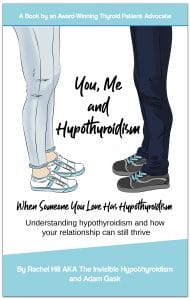
You can click on the hyperlinks in the above post to learn more and see references to information given.
https://bmcgastroenterol.biomedcentral.com/articles/10.1186/1471-230X-9-44
https://www.glutenfreesociety.org/autoimmune-thyroid-disease-and-gluten/
References:
[1] https://www.ncbi.nlm.nih.gov/pubmed/3066320

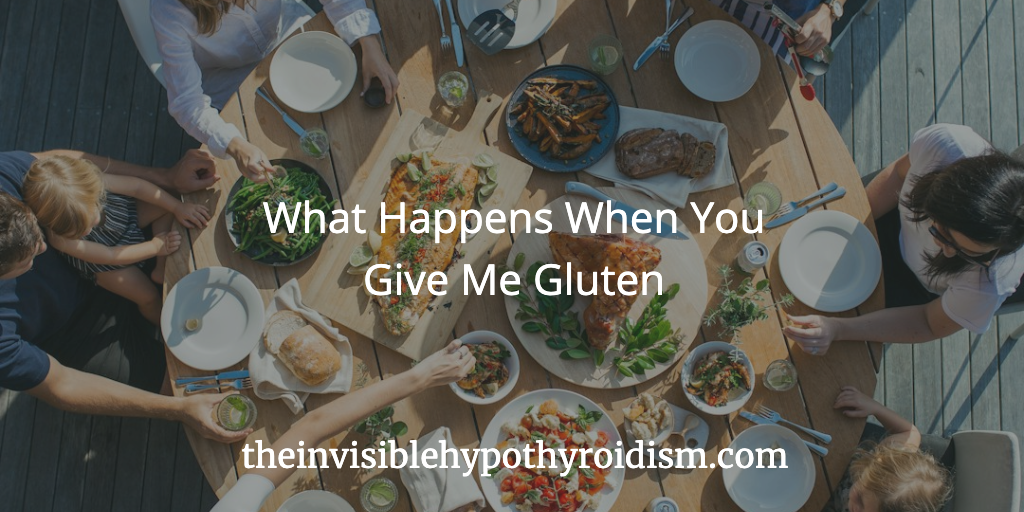
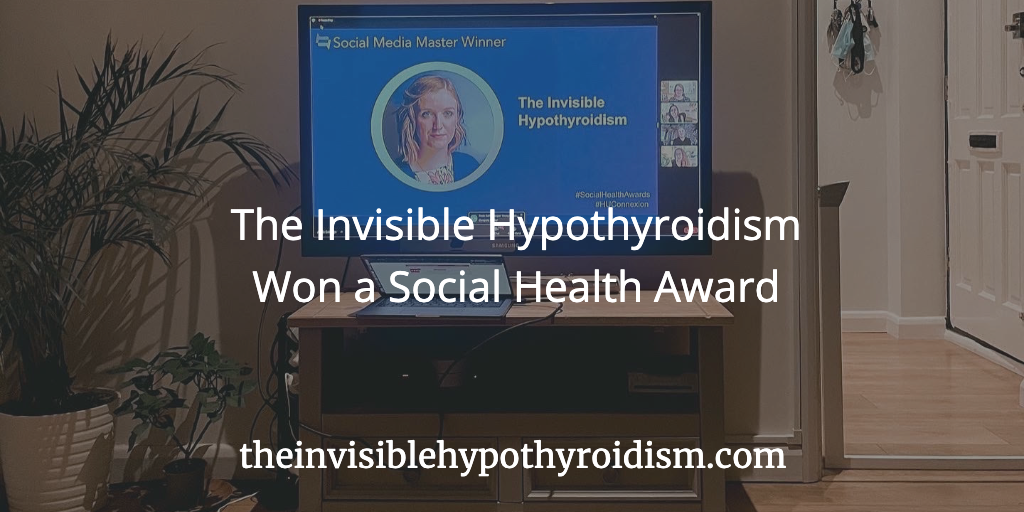
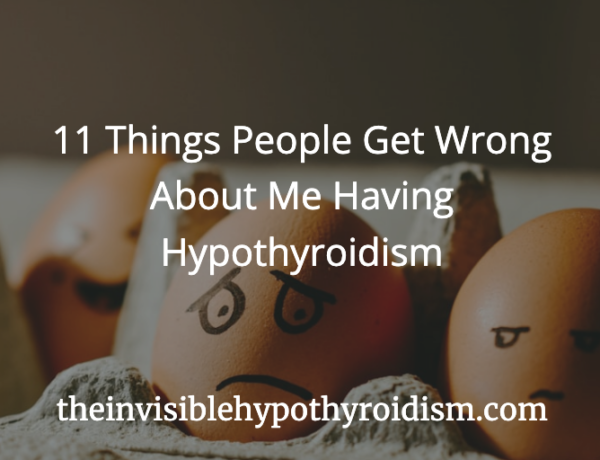
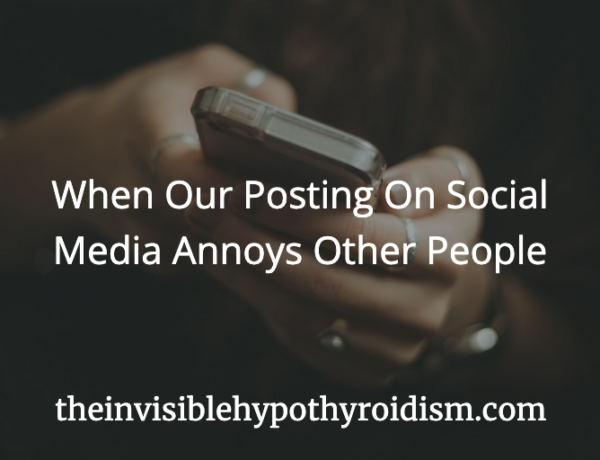

No Comments